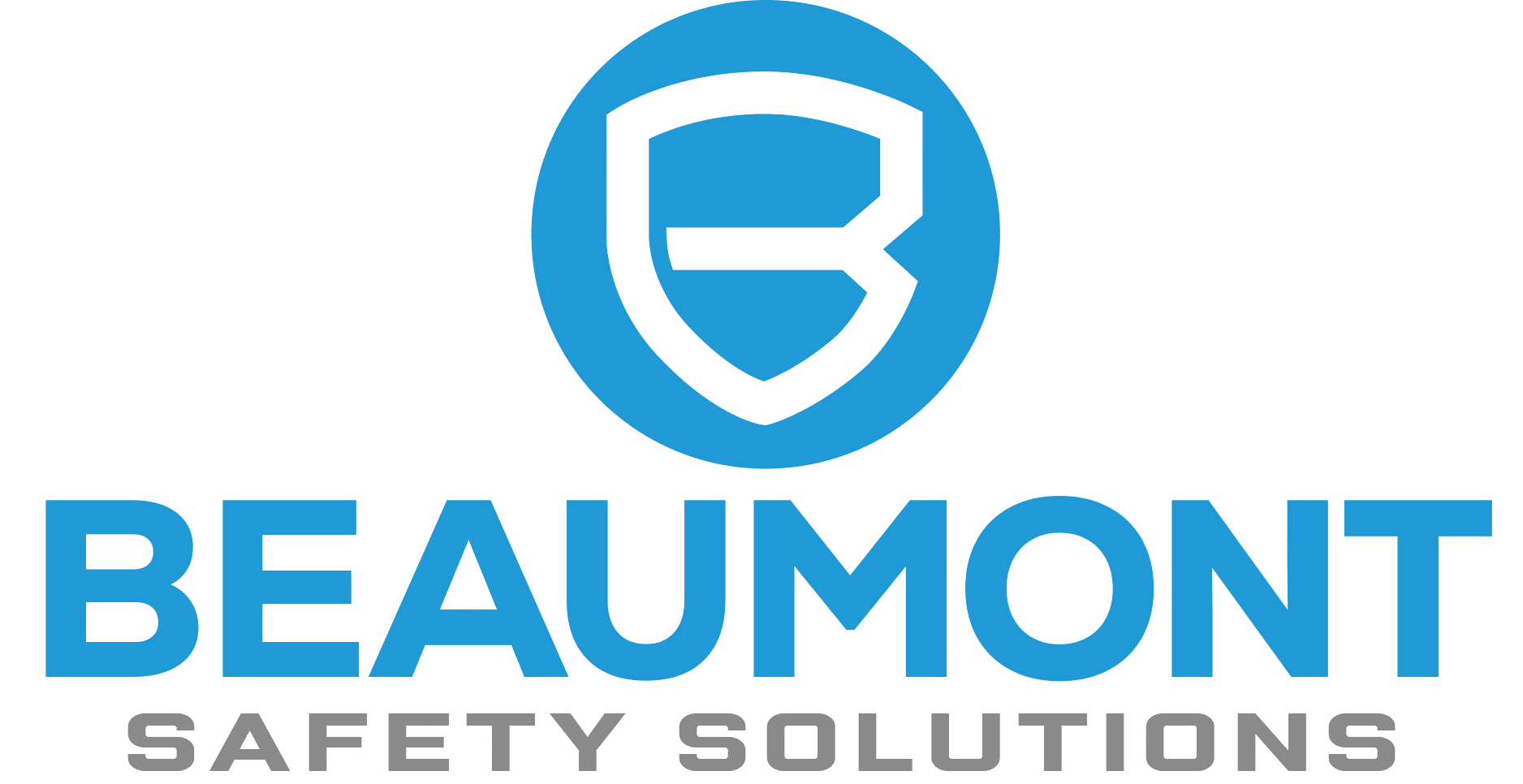We are currently working with an incredible team in Adelaide that use the ADKAR model for their work and we have valued our research time in this space so we thought we would tell you about it!
In today’s fast-paced work environment, workplace health and safety (WHS) is more important than ever. Not only is it a regulatory requirement, but it also plays a key role in fostering a positive and productive work culture. The ADKAR model, a widely recognized framework for managing change, aligns seamlessly with progressive and supportive values in WHS implementation projects. Let’s explore how this model stands out and how it complements modern organizational values.
Understanding the ADKAR Model
The ADKAR model, developed by Prosci, is an acronym for Awareness, Desire, Knowledge, Ability, and Reinforcement. It’s designed to guide individuals and organizations through change effectively. Each component of ADKAR addresses a critical element in the change process:
– Awareness: Understanding why change is necessary.
– Desire: Building personal motivation to support and participate in the change.
– Knowledge: Gaining the skills and information required for the change.
– Ability: Demonstrating the capability to implement the change in day-to-day work.
– Reinforcement: Ensuring the change is sustained over time.
Aligning with Values
1. Empathy and Employee Well-being
Progressive organizations value empathy and the well-being of their employees. The ADKAR model’s emphasis on Awareness and Desire acknowledges that employees need to understand and be motivated by the reasons behind WHS changes. This approach ensures that safety measures are not just imposed but understood and valued, enhancing overall employee morale and engagement.
2. Inclusive and Participatory Culture
A supportive workplace thrives on inclusivity and participation. The ADKAR model supports these values by involving employees in the change process. This participatory approach not only helps tailor WHS strategies to fit the actual needs of the workforce but also fosters a sense of ownership and responsibility among employees.
3. Continuous Improvement and Learning
Progressive organizations are committed to continuous improvement and learning. The ADKAR model aligns with this value through its iterative process of reinforcing change. This commitment to ongoing development reflects a culture that values growth and adaptability, essential traits for a modern, forward-thinking workplace.
4. Transparency and Open Communication
Transparency is a core value for progressive organizations, and the ADKAR model promotes this through its structured approach to managing change. This transparency helps build trust between management and employees, crucial for fostering a supportive and collaborative work environment.
5. Long-Term Sustainability
Finally, progressive organizations are focused on long-term sustainability. The ADKAR model’s emphasis on Reinforcement ensures that WHS practices are embedded into the fabric of the organization rather than being temporary measures.
Conclusion
The ADKAR model is an excellent choice for WHS implementation projects. By adopting the ADKAR model, organizations demonstrate their commitment to fostering a work environment where safety and employee well-being are paramount. It ensures that safety initiatives are not only effective but also resonate with the core values of empathy, inclusivity, continuous improvement, transparency, and sustainability.



